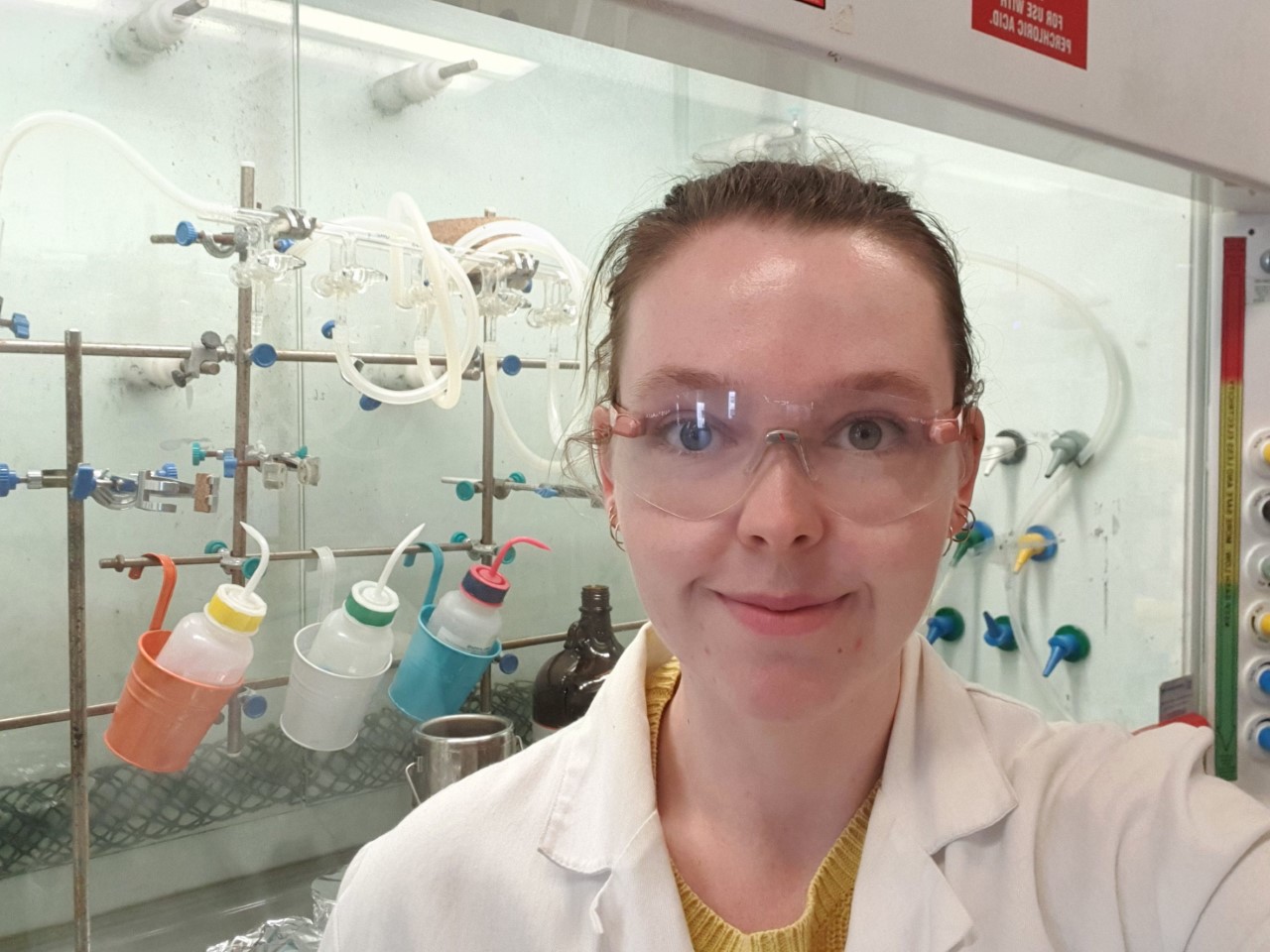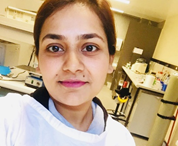By Charuni Pathmeswaran
Sam is a chemist with a special interest in drug development. She is also a teaching fellow in chemistry with a passion for science communication. When not doing her PhD, Sam enjoys learning about behavioural science of animals, which helps her understand her puppy better ?
Can you briefly explain your current research?
I look at peptides, which are strings of amino acids. They are good drug candidates as they occur naturally, and they’re simpler forms of proteins which are a key to a lot of interactions that cause diseases. My unique application is to see how we can manipulate certain drug-like peptides by using fluorine, to see if we can make them into new drugs.
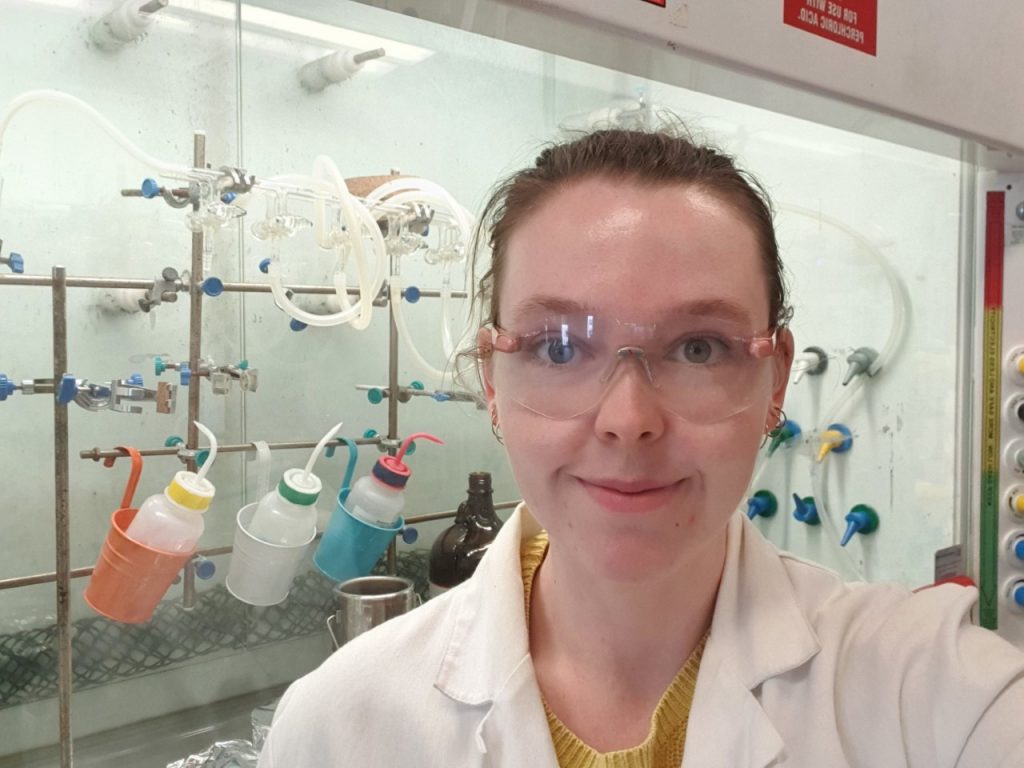
What drew you to this field?
In high school, my favourite subjects were maths and sciences. When I started my undergrad, I wanted to do more chemistry and physics. I was so intrigued to learn the fundamental mechanics that go on with atoms. Once you see how science works and how it’s underpinning so much in your world, it’s hard to stop seeing it that way. I’ve always wanted to make an impact. That’s how the medicine side came into the picture for me.
What excites you most about your work?
I like furthering the science of my little project. I also like challenging myself with new skills. My honours research was on pharmacology which is much more cell-based and drug testing based. My PhD is in chemistry which is more on synthesis. Building new skills helps me change the way I view things.
What do you find most challenging about the work you do and how do you tackle it?
Research, in general, can be monotonous at times. I try to slot in a few energizing tasks between the repetitive tasks, and I find this to be quite helpful.
What does a typical day look like for you?
I work in a synthetic lab. There’s a fume cupboard in which we leave all the hazardous chemicals. You have a bench where you have your lab book. I try to do one experiment a day. I come in the morning and purify the compound and then set up my experiment in the afternoon.
What are your interests outside of science?
I spend most of my free time walking or playing with my puppy. I also like training her. I’ve been listening to podcasts that discuss the behavioral science of animals and I find it so interesting. I also enjoy going on bush walks and cooking.
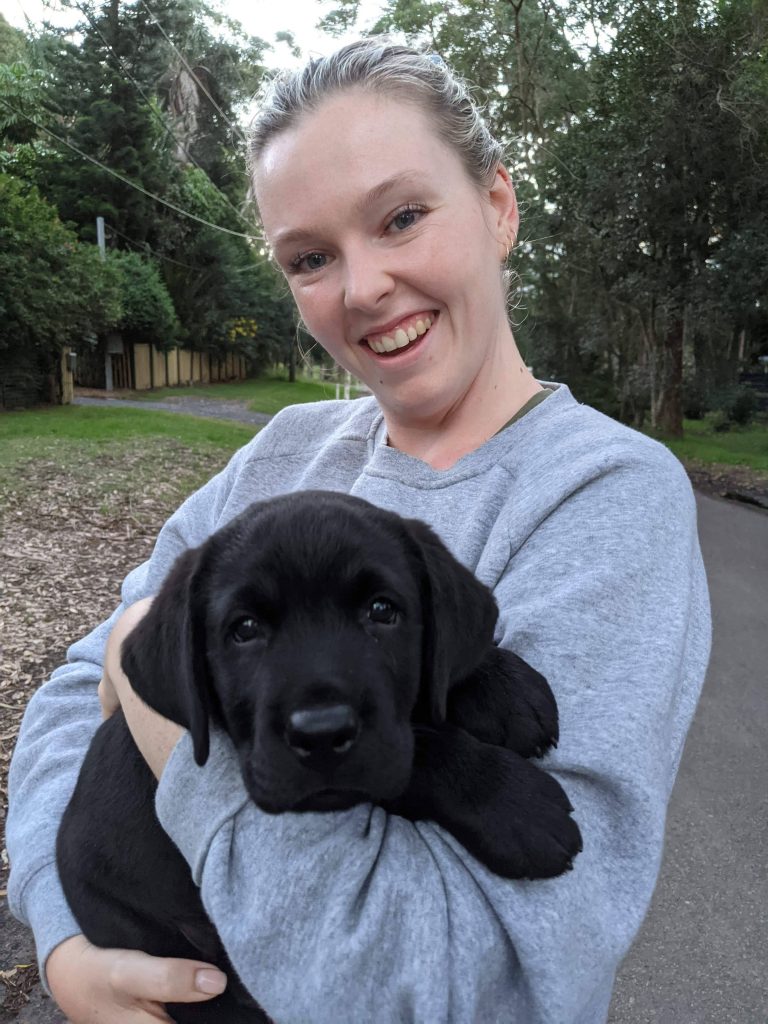
Words of advice for young women interested in pursuing a career in STEM?
Don’t be narrow-minded in how science is going to work for you. You don’t have to end up working in a lab to be defined as a woman in STEM. You can work for a science-based company. Or even for a non-science-based company and apply the rational thinking that scientists do. Try and find someone whom you can aspire to be like. Use them to prove to yourself that you can be a woman in STEM. If your interest doesn’t match up perfectly with an existing job position, it could be the perfect opportunity to fill that niche!
What are you most proud of in your career so far?
I really like that during my undergrad and even in my PhD, I have had the opportunity to engage in other things such as teaching or professional development programmes. I’m proud that despite being a student for a long time, I’m also gaining different skills which will make me more employable.
What would you like to see change in the future for women in STEM?
Women still aren’t given the opportunity to equally prioritize family and career. It’s still viewed as a dichotomy where you must pick either one or the other and if you try to do both, you are judged for it. That has to change. I would also like to see more women in higher-up positions.
Post-PhD plans?
Very flexible at the moment. I’m preparing my portfolio and developing a diverse set of skills from my PhD. At least for a while, I would like a break from my research. And luckily chemistry can be a practical skill. My options and interests include working in quality assurance, or in drug therapy. I would also love to be a science communicator.
WFH tips?
I’m still working on my WFH productivity. I struggle with distractions when I’m at home. I’m overzealous about recording what I do. It helps me take stock of whether I was productive on a given day. I start the day with a to-do list, consisting of tasks of different priorities. I also find it useful to break up big tasks into smaller, manageable tasks.
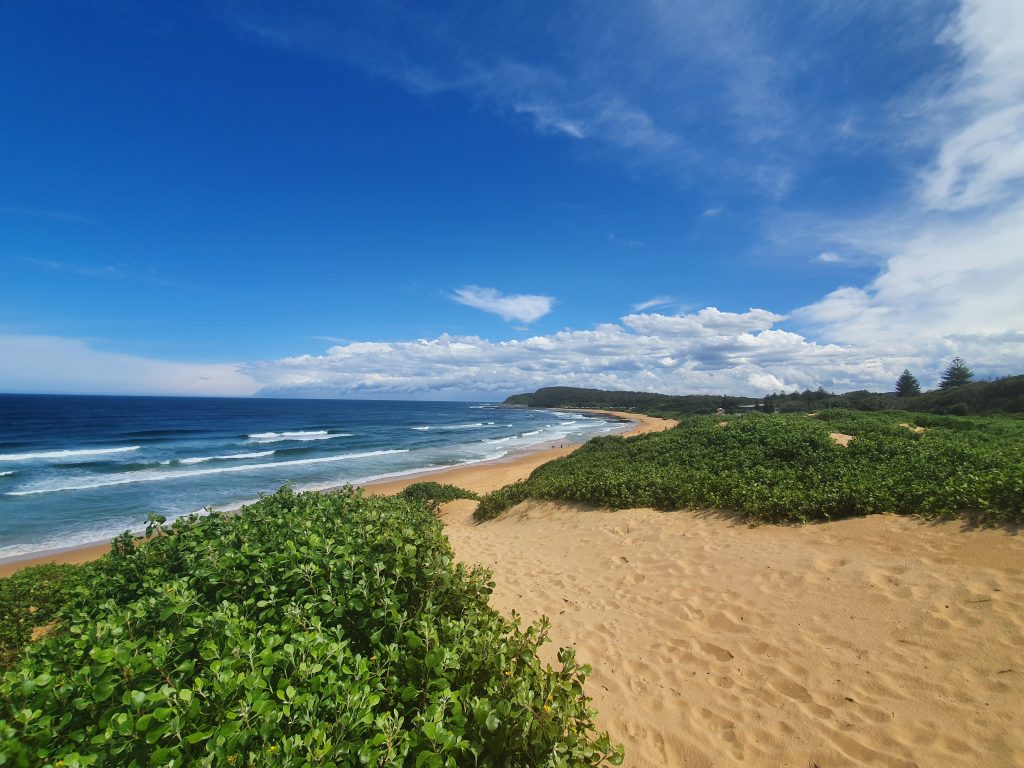
Follow Sam on Twitter

